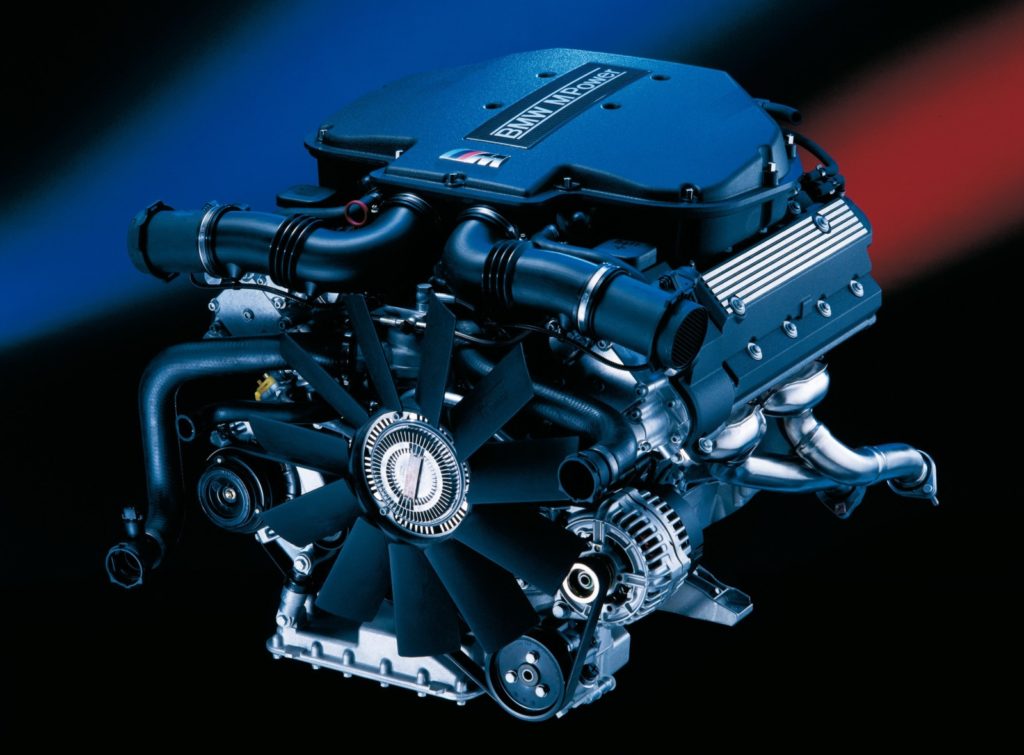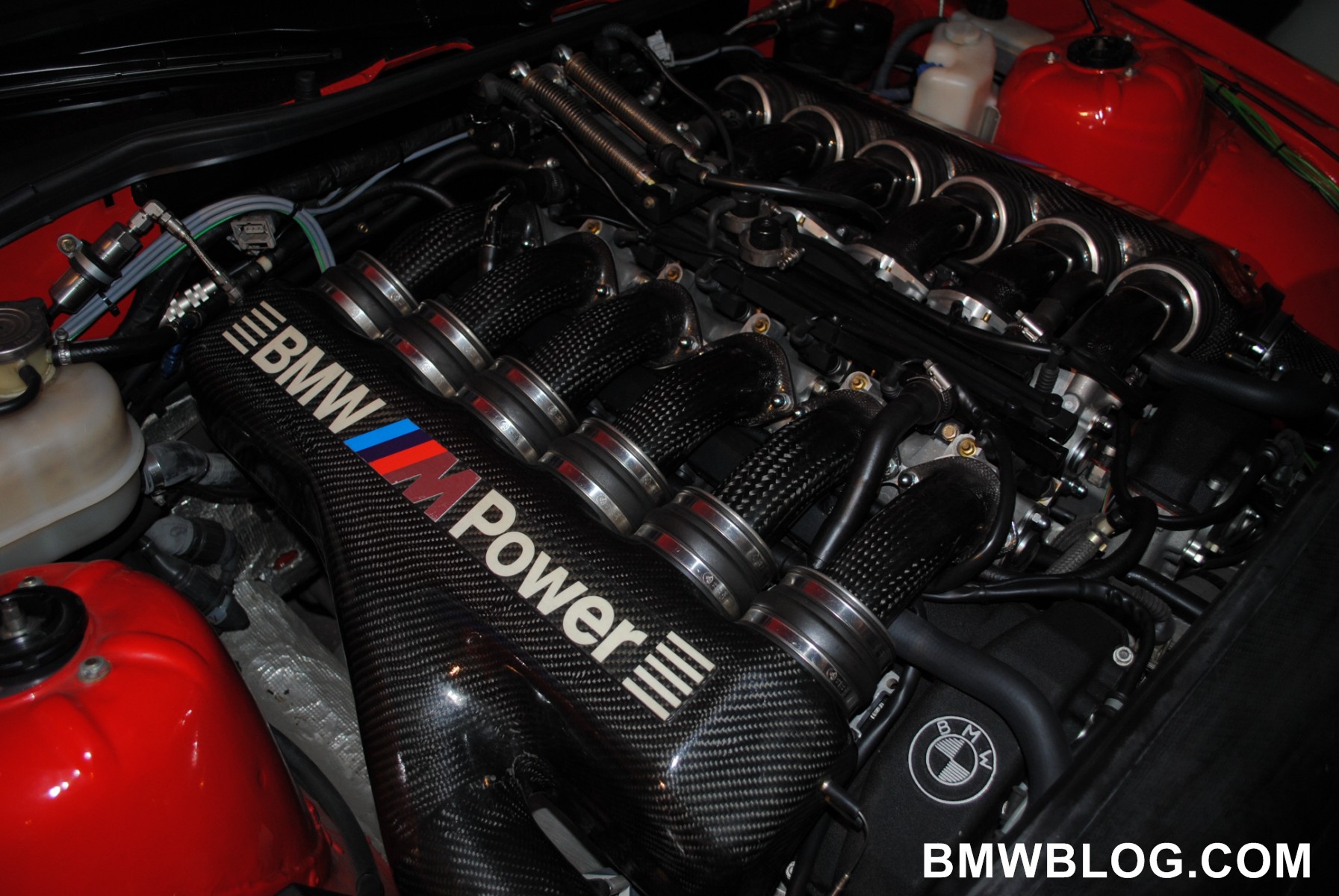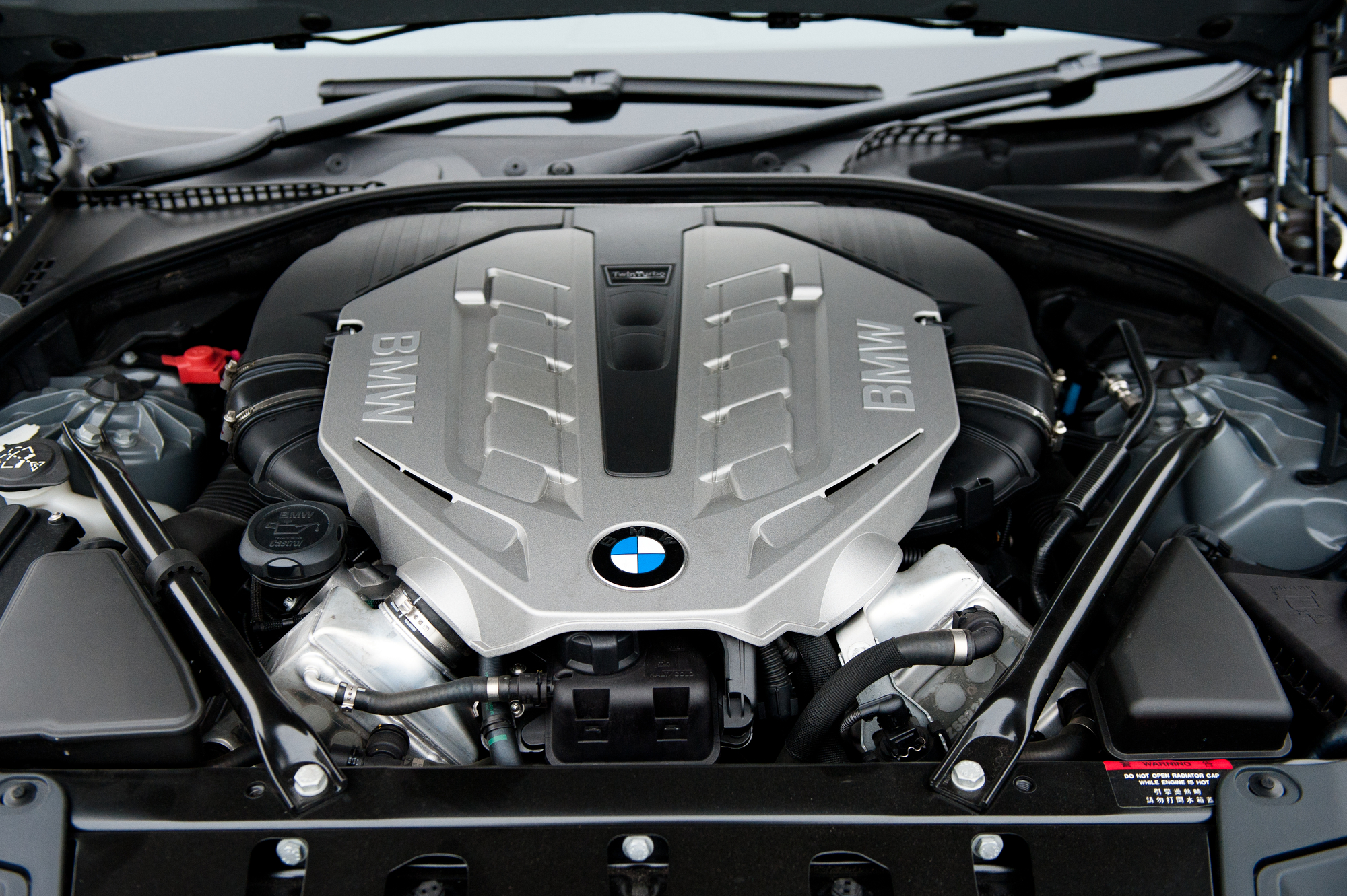Exactly how to Keep Your BMW Engine for Optimum Efficiency and Longevity
Exactly how to Keep Your BMW Engine for Optimum Efficiency and Longevity
Blog Article
Revealing the Intricacies of Next-Generation Power Units: a Deep Study Advanced Engine Designs and Developments
In the world of vehicle design, the unrelenting search of sustainability, efficiency, and efficiency has actually moved the development of power systems to unmatched elevations. As we depend on the precipice of a brand-new era in transportation, the intricacies of next-generation engine styles bid us to check out the cutting-edge innovations and developments that promise to redefine the driving experience. From innovative products that press the limits of sturdiness and weight reduction to innovative turbocharging and turbo charging systems that raise power output to new degrees, each part of these power units holds a crucial to opening the future of auto engineering. Delving deeper right into the worlds of discharge control, intelligent engine management systems, and the horizon of power unit advancement, we locate ourselves on the cusp of a makeover that assures to improve the landscape of wheelchair as we understand it.
Evolution of Engine Materials

The change in the direction of progressed engine materials has additionally enabled engineers to create engines with higher power results while preserving gas performance requirements. For instance, using light-weight materials minimizes the general weight of the engine, bring about improved gas economy and lower emissions. In addition, innovations in materials technology have permitted far better thermal administration within engines, resulting in raised dependability and longevity.
Turbocharging and Supercharging Technologies
Exactly How do Turbocharging and Supercharging Technologies reinvent engine efficiency and efficiency in contemporary lorries? Turbocharging and turbo charging are technologies that significantly enhance engine efficiency by boosting the amount of air consumption into the burning chamber. Turbocharging accomplishes this by making use of a wind turbine driven by exhaust gases to pressurize the intake air, while turbo charging utilizes a belt- or chain-driven compressor to accomplish the same effect.
These innovations make it possible for smaller, extra fuel-efficient engines to produce power equal to bigger ones, referred to as downsizing. By requiring even more air right into the cylinders, turbocharging and supercharging boost burning efficiency, leading to enhanced horse power and torque result without a significant rise in engine dimension. This brings about better velocity, pulling capability, and overall driving performance.
Moreover, turbocharging and turbo charging contribute to improved fuel effectiveness by enabling the use of smaller engines that eat much less fuel under regular driving conditions - bmw engine. This combination of improved efficiency and effectiveness has made turbocharging and turbo charging indispensable elements of several modern-day engine styles
Emission Control and Environmental Effect
With boosting worldwide issues relating to air high quality and ecological sustainability, the execution of discharge control technologies in cars plays a crucial role in decreasing unsafe toxins released into the ambience. Modern vehicles are geared up with sophisticated emission control systems that help minimize the ecological impact of vehicle procedures. Catalytic converters, for example, are created to convert poisonous gases such as carbon monoxide gas, nitrogen oxides, and hydrocarbons right into less damaging materials like carbon dioxide and water vapor.
Moreover, innovations in engine innovation, such as the integration of exhaust gas recirculation systems and selective catalytic reduction, have dramatically added to reducing exhausts. These technologies function in tandem to enhance combustion performance and lessen the launch of dangerous toxins right into the air. Additionally, the growth of hybrid and electrical lorries represents an important step towards decreasing the overall environmental footprint of the transport market.
Intelligent Engine Administration Systems

In addition, these systems allow automobiles to fulfill rigorous emissions standards without jeopardizing efficiency, providing a more eco friendly driving experience. The assimilation of expert system and artificial intelligence abilities in engine administration systems proceeds to push the boundaries of what is possible, resulting in additional improvements in efficiency, dependability, and overall car efficiency. bmw engine. As auto technology advances, intelligent engine monitoring systems will certainly play a vital duty in forming the future of transport towards a much more reliable and lasting direction
Future Trends in Power Unit Growth
As intelligent engine administration systems lead the way for improved control and optimization in modern-day automobiles, future trends in power unit growth are poised to redefine the landscape of automobile propulsion technologies. These alternative power resources provide boosted performance and efficiency while lining up with stringent environmental guidelines.
An additional substantial fad is the integration of sophisticated products and making techniques. Lightweight products such as carbon fiber and aluminum are being used to decrease total automobile weight, boosting fuel efficiency and efficiency. Furthermore, advancements in 3D printing and additive production are allowing the manufacturing of complicated engine parts with higher precision and longevity.
Furthermore, synthetic intelligence and artificial intelligence are playing a critical role in maximizing power device efficiency. These modern technologies permit for real-time monitoring and flexible control, leading to a lot more look at this site reputable and effective power delivery. Overall, future trends in power device advancement are tailored towards sustainability, performance, and efficiency, driving the vehicle sector in the direction of a brand-new era of propulsion innovations.

Final Thought
Finally, the advancements in engine materials, turbocharging, discharge control, and intelligent monitoring systems have actually paved the way for next-generation power systems. These technologies have not only enhanced performance and efficiency but additionally lowered environmental influence. As innovation remains to advance, future fads in power unit Homepage development are likely to concentrate on further improving sustainability and enhancing power output. The detailed layouts and developments in contemporary engines display the ongoing evolution of auto modern technology.
Discovering the progressive innovations in engine materials has been crucial in boosting the efficiency and performance of modern-day engines. Over the years, the evolution of engine materials has played a critical role in pressing the boundaries of what engines can attain.The shift in the direction of progressed engine products has actually likewise made it possible for engineers to create engines with higher power outputs while preserving gas effectiveness requirements.The application of intelligent engine management systems in contemporary lorries has changed the way engines are managed and enhanced for performance and efficiency. By accumulating information in real-time and assessing it with advanced algorithms, smart engine management systems can adjust to driving designs, ecological aspects, and engine health to make best use of power result while minimizing gas consumption and discharges.
Report this page